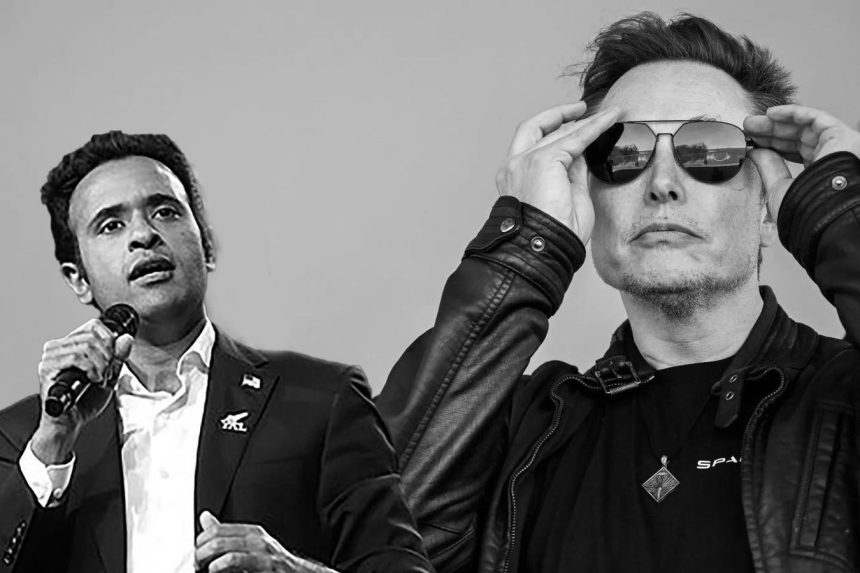The incoming Trump administration has announced the formation of the Department of Government Efficiency (DOGE), aiming to streamline government operations and eliminate waste. Directed by prominent figures like Elon Musk and Vivek Ramaswamy, DOGE seeks to recruit 100 full-time employees in Washington, D.C., targeting a diverse pool of candidates, including tech executives and college students. This initiative has sparked interest among Silicon Valley entrepreneurs who resonate with its ambitious goals, which President Trump likens to the historical Manhattan Project, highlighting its ambitious scope to drastically reform government bureaucracy and spending practices.
Chinmay Singh, a former startup founder, reflects the enthusiasm that many potential applicants feel towards DOGE. Despite not updating his resume in years, he submitted a proposal to DOGE focusing on healthcare innovation and efficiency. Singh’s eagerness demonstrates the unorthodox methods potential applicants are willing to adopt to stand out in a competitive selection process that has garnered attention for its tough, demanding nature. Aspiring staff members are warned that they will need to fully commit to the role, as DOGE will demand long hours and hard work without immediate financial compensation, challenging traditional notions of government employment.
The organization’s long-term vision includes completing its initial projects by July 4, 2026, framing the effort as a gift to the American populace. DOGE’s recruitment strategy, particularly its focus on hiring those with expertise in software engineering and finance, signals a distinct approach to governmental reform. Although DOGE’s scale is relatively modest in the context of large tech firms or governmental departments, the urgency and intensity of the workload are expected to be reminiscent of Musk’s rigorous operational standards at his own companies.
Among the applicants, diverse motivations abound, from idealism about transforming government processes to a desire for personal growth and career advancement. A college student studying computer science expresses a keen interest in applying technical skills to governmental operations, viewing the opportunity as a significant human challenge as they aim to serve meaningful goals. Similarly, Tom Dean, who leads the marketing for a cryptocurrency startup, wishes to address perceived inefficiencies in how government interacts with digital currency, reflecting a broader sentiment among tech-savvy individuals who are keen to drive change in the public sector.
Several candidates also acknowledge the potential consequences of DOGE’s initiatives, recognizing that while it may lead to short-term job losses in government, it presents a chance to innovate and improve services through effective resource management. The balance of ambition and caution among applicants signals a varied understanding of the public-private partnership that DOGE seeks to create. Conversations around the potential impact on government entities reflect an awareness of the structural challenges that past initiatives aimed at reducing waste, such as the Reagan-era Grace Commission, encountered.
Despite the skepticism surrounding DOGE’s potential efficacy, the attraction lies in its promise of dynamic engagement with civic issues and the potential for professional development. Many see participating in DOGE as akin to a “crash course” in government reform, with the experience comparable to those who became influential figures in the tech industry after stints at high-pressure companies. Ultimately, motivations to join DOGE range from patriotism and a desire to contribute meaningfully to national governance, to aspirations for personal networking and future career enhancements within the tech landscape.



